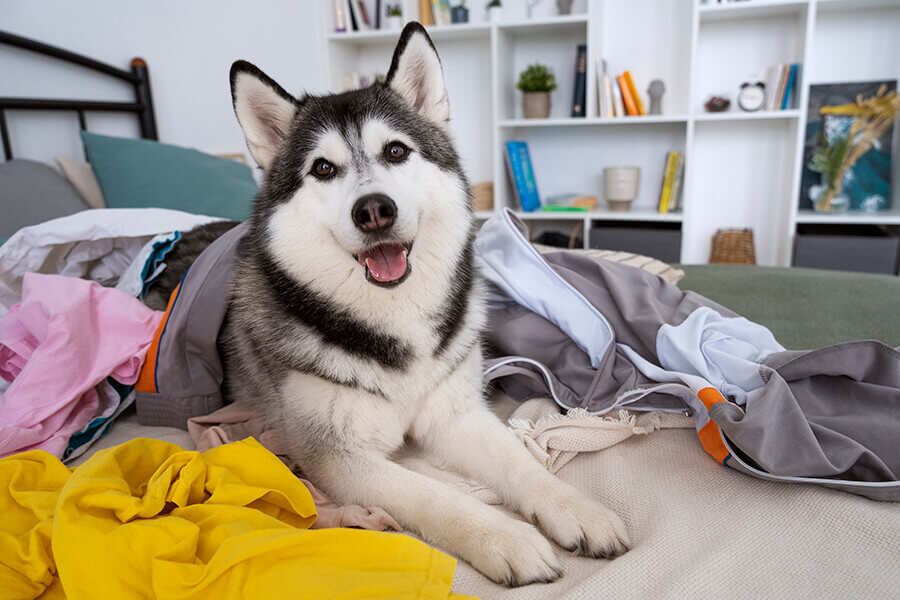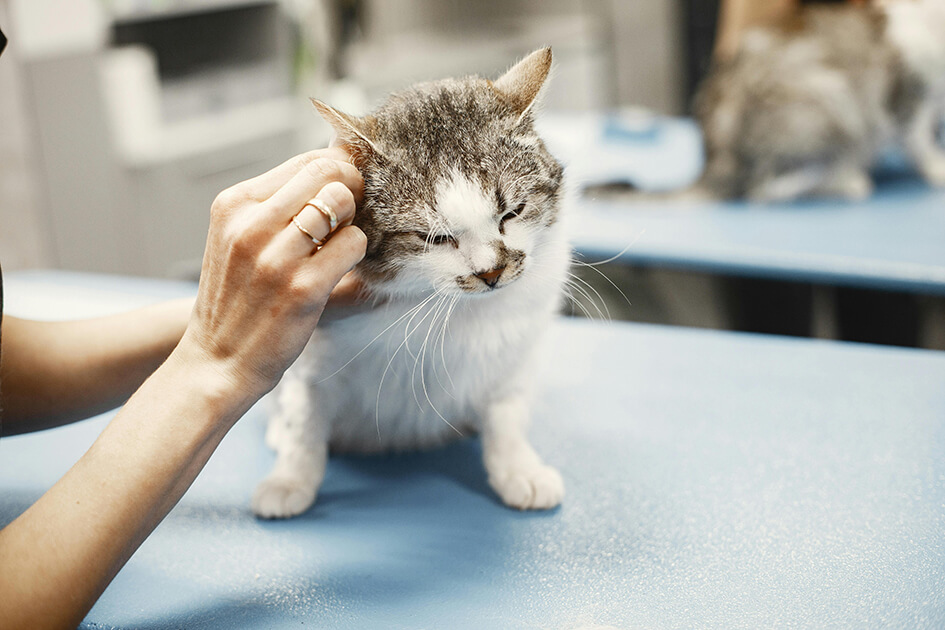When your dog licks you, it might feel cute or confusing. This behavior is often harmless, but sometimes it could mean more. From love to stress, a dog lick can send many signals. Here’s what to watch for—and when it’s time to act.
Top Reasons for Dog Lick Behavior
1. Affection
A common reason a dog licks its owner is love. It’s a natural bonding behavior rooted in puppyhood. Dogs lick their pack members to feel close and connected.
2. Tasty Skin
Your sweat, lotion, or food scent might be the reason behind a dog lick. Dogs explore the world through their mouths, so they may just be curious about how you taste.
3. Attention Seeking
Some dogs lick to grab your attention. If it leads to cuddles or play, the dog lick becomes a learned behavior.
When a Dog Lick Becomes a Concern
Most of the time, licking is normal. However, excessive licking can point to anxiety, boredom, or even medical issues.
If your dog licks you constantly after being alone or during stressful moments, it might be trying to self-soothe. Dogs also lick when they’re not mentally stimulated or physically active enough. Offering toys and daily exercise often helps.
On the medical side, allergies, skin infections, or hidden pain may cause compulsive licking. If a dog lick becomes frequent, targeted to one spot, or combined with whining or pacing, consult your vet immediately. (Limit: under 300 words)
How to Manage Licking
Train your dog with simple redirection. Use commands like “sit” or “leave it.” Always reward calm behavior. Avoid yelling—it can increase stress and licking.
Final Words
A dog lick usually means love or curiosity. But if it becomes constant or obsessive, don’t ignore it. Watching your dog’s behavior closely ensures they stay happy and healthy.
FAQs-About Dog Licking
Why does my dog lick me so often?
It could be for love, taste, or attention
Can too much licking be unhealthy?
Yes. It may signal anxiety or medical problems.
How do I stop constant licking?
Use redirection, train with rewards, and provide stimulation.














